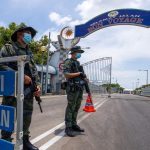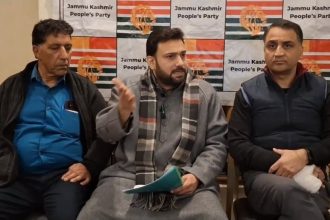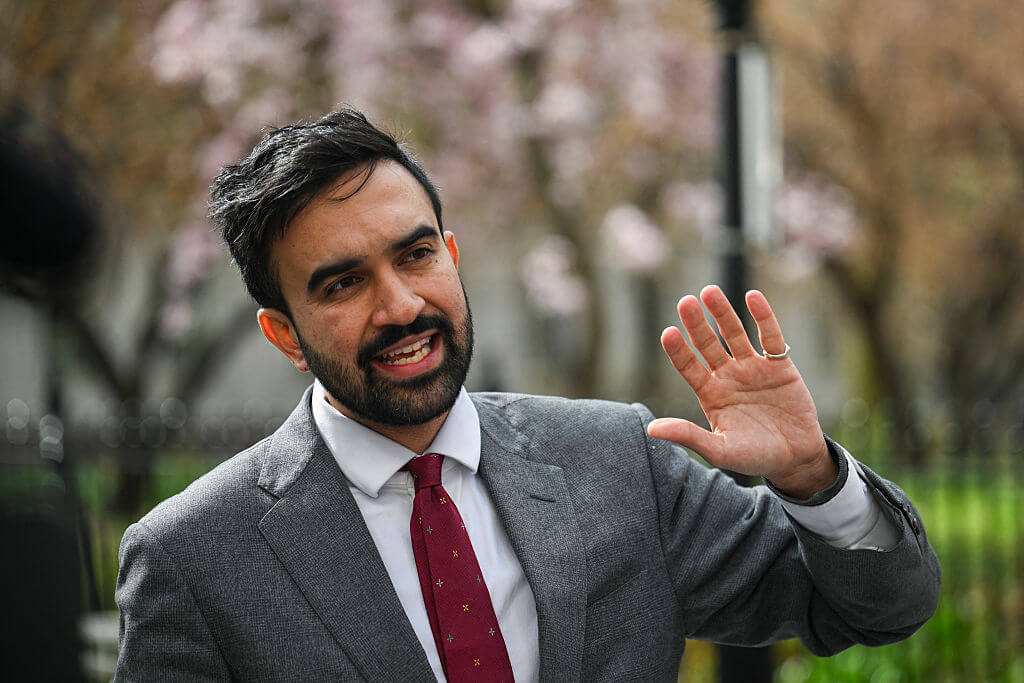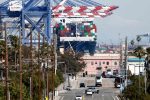SINGAPORE, May 3 — Today, Singaporeans are not just casting ballots—they’re shaping the future of a nation in transition. With the first rays of sunlight breaking over the city-state, voters queued up from 8am, ready to make their voices heard in one of the most closely watched elections in years.
At the heart of the moment is Prime Minister Lawrence Wong, facing his first true test of leadership since taking the helm from longtime leader Lee Hsien Loong. Wong, who won public trust as a steady hand during the COVID-19 crisis, is now asking citizens for more than just support—he’s asking for a mandate strong enough to guide the country through rising global economic uncertainties.
“Our world is changing fast. This vote isn’t just about today—it’s about our future,” Wong urged in a heartfelt campaign speech. “It’s about your family, your job, our Singapore.”
Singapore, with its reputation for stability and economic strength, now finds itself navigating tricky waters. The threat of tariffs, particularly those tied to U.S.-China trade tensions, looms large over the island nation’s trade-reliant economy. Wong and his People’s Action Party (PAP) argue that only a firm, experienced government can keep Singapore competitive and secure in such a climate.
Still, the ground is shifting.
The opposition, especially the Workers’ Party (WP), is gaining traction—particularly among younger voters who crave a more balanced parliament. In 2020, the WP made historic strides, and this time they’re back with sharper messaging, a fresh lineup of candidates, and big turnouts at rallies that suggest the hunger for change hasn’t faded.
“Young people are thinking differently,” noted P.N. Balji, a seasoned political commentator. “They want debate. They want accountability. They’re no longer content with just one voice.”
The WP’s criticism has hit a nerve. They’ve spoken out against the rising cost of living, a higher goods and services tax, and what they see as a lack of checks and balances in parliament. Their message is simple: the government must not hold a blank cheque.
The PAP, for its part, is reminding voters of its efforts—cash handouts, support packages, and grocery vouchers aimed at easing inflation’s sting. For many older Singaporeans, that legacy of reliability still holds weight.
Yet this election feels different. It’s not just about party loyalty—it’s about lived realities, rising costs, and hopes for a future that includes more voices at the table.
With 97 parliamentary seats up for grabs and 2.75 million eligible voters, the results—expected to start trickling in around midnight—will offer more than a count. They’ll offer a glimpse into how Singapore sees itself moving forward.
As one voter put it outside a polling station this morning: “We’ve had stability. Now we need balance. I’m voting for that.”
Whatever the outcome, today’s election is more than a political exercise. It’s a conversation between a government and its people—a dialogue on what it means to grow, adapt, and lead in uncertain times.








